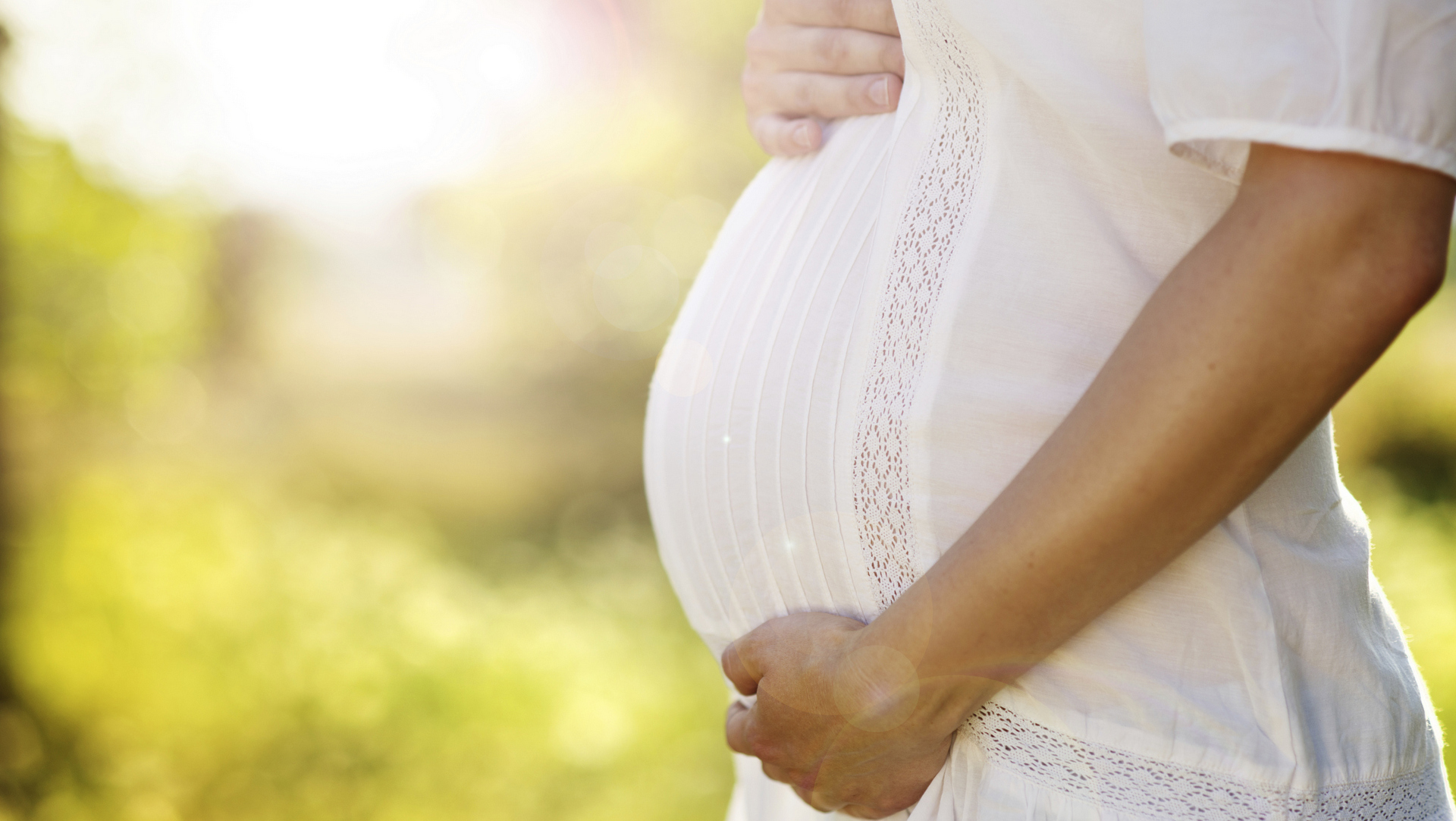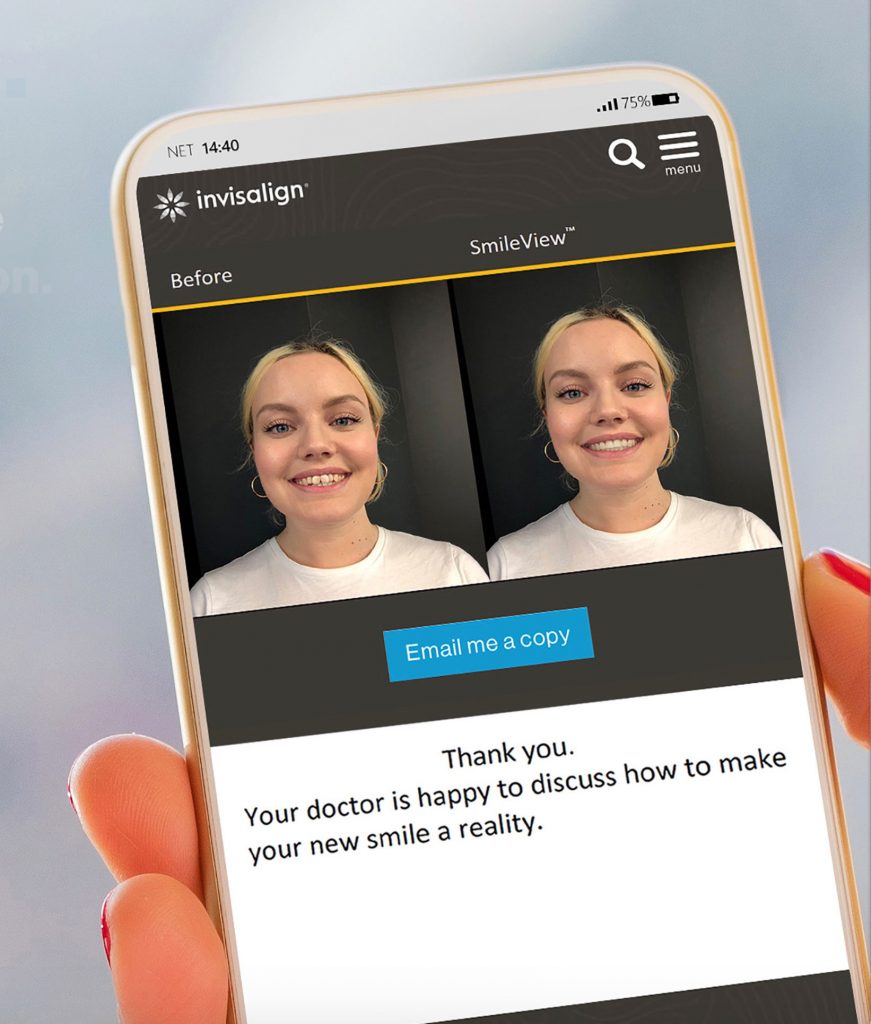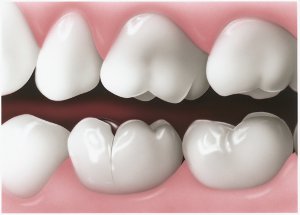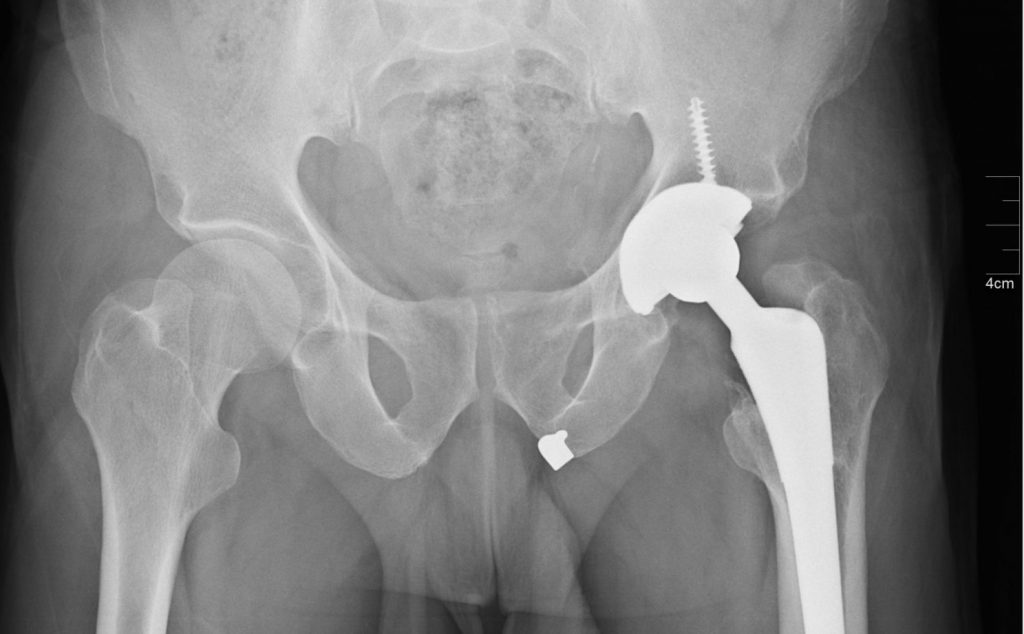
When do I tell my dentist I’m pregnant?
When you schedule, let us know your due date, any medications you are taking, special advice from your physician, if your pregnancy is high-risk or if you have certain medical conditions.
What dental treatments are safe during pregnancy?
- Cleanings and exams are safe and important and can be done anytime during pregnancy.
- Dental treatment such as fillings and root canals are safe during pregnancy. However, we typically delay non-emergency treatment until after pregnancy to minimize unnecessary stress. Treatment that must be completed is best to schedule in the 2nd or early 3rd
- Local anesthetics are safe during pregnancy.
- X-rays are safe during pregnancy as dental x-rays have an extremely low amount of radiation. We use a lead apron to cover your abdomen to minimize the exposure even more. If it is not a dental emergency, we typically delay x-rays until after pregnancy.
- Medications, if recommended, will be chosen that you may safely take during pregnancy. Always consult with your physician before taking new medications.
What treatments are not recommended during pregnancy?
- Nitrous oxide, or laughing gas, is not recommended during pregnancy
- Tooth whitening products such as over-the-counter white strips and custom whitening kits with whitening solution are not recommended during pregnancy or nursing.
How might pregnancy affect my mouth?
Most women have no dental discomfort, but sometimes pregnancy can make conditions worse or create new ones. Regular checkups and good oral care can keep you healthy.
- Pregnancy gingivitis is inflammation of the gums that can cause tenderness and swelling. It is caused by hormonal changes of pregnancy. The gums may bleed when brushing or flossing. Left untreated, it can lead to more serious forms of gum disease, so more frequent cleanings may be necessary. Studies have shown a relationship between gum disease and pre-term, low birth-weight babies. Pregnant women with gum disease may be seven times more likely to have a baby that’s born too early and too small due to the labor-inducing chemical found in oral bacterial called prostaglandin.
- Pregnant women may be more prone to cavities due to an increase in carbohydrate consumption and morning sickness which can increase the acidity in your mouth.
- Some women experience overgrowths of tissue called “pregnancy tumors” on the gums, usually during the second trimester. It is not cancer but rather a swelling that forms between teeth and may be related to excess plaque. They bleed easily and have a red, raw-looking raspberry-like appearance. They usually disappear after your baby is born.





